Sectors
Reaching the European Green Deal ambitious targets requires major transformations in our society, including the decarbonisation of our energy systems and the transition to resilient cities, more inclusive and centred around the natural environment.
Are you looking for a partner of choice to navigate these challenges? DOWEL can help you with your projects in key sectors for the energy and ecological transition such as:
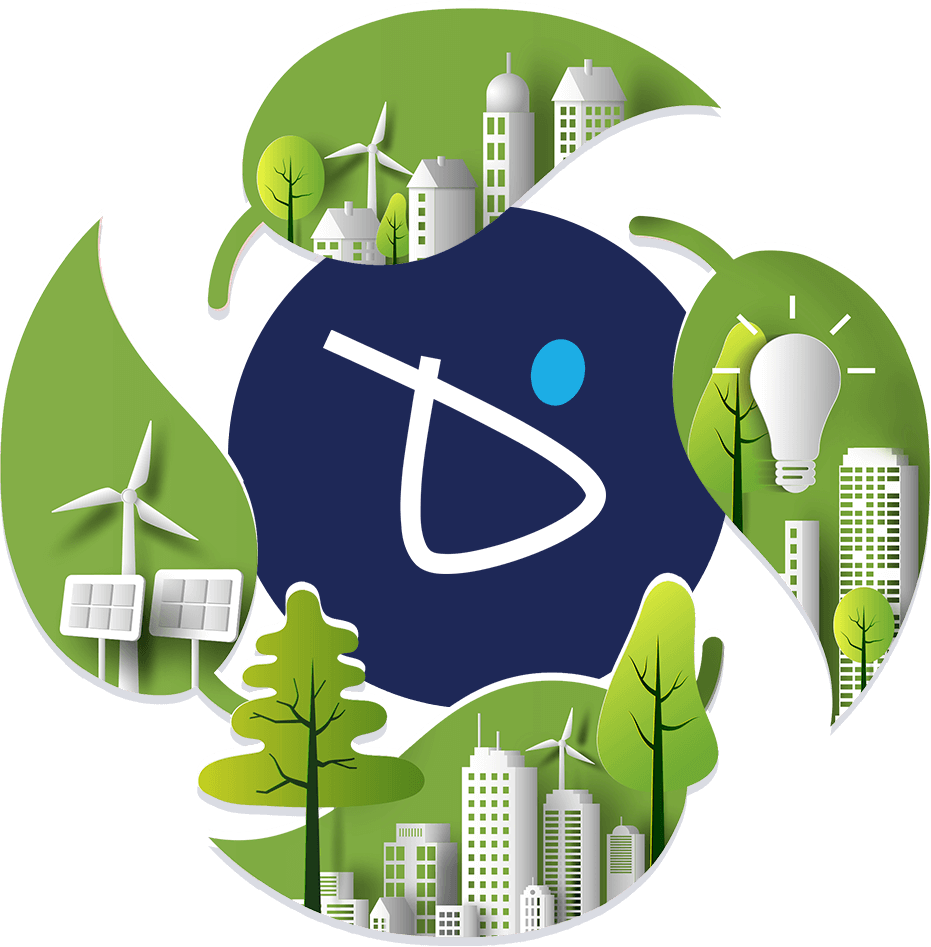
Low Carbon Energy Systems

Energy production and consumption account for more than 75% of greenhouse gas emissions in the European Union (EU). Decarbonising the EU’s energy system is therefore crucial if we are to achieve our 2030 climate targets and realise the EU’s long-term strategy of becoming carbon neutral by 2050.
How can we ensure a secure and affordable energy supply for the EU, based largely on renewable sources? What measures should be put in place to create an integrated and interconnected energy market, in which consumers have real power to act?
Since the 2000s, DOWEL consultants have been supporting collaborative technological innovation projects in the fields of smart grids, renewable energy forecasting, energy storage, cogeneration and many other solutions aimed at increasing grid flexibility while guaranteeing its stability, in order to improve the efficiency and reliability of the integration of renewable energies.
Supporting the development of local energy communities is also at the heart of our projects. Combined with collaborative efforts between the public, private and research sectors, these projects encourage the development of cutting-edge solutions to optimise energy production and consumption locally, while empowering citizens.
Examples of current projects
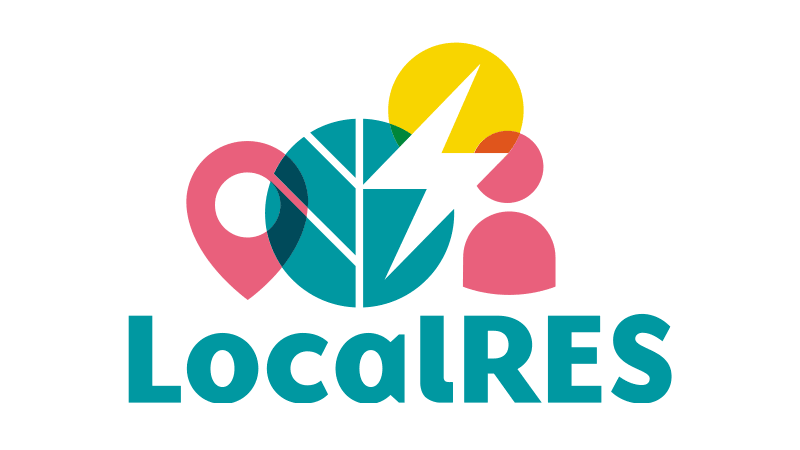
LocalRES (H2020): Empowering local renewable energy communities for the decarbonisation of the energy systems
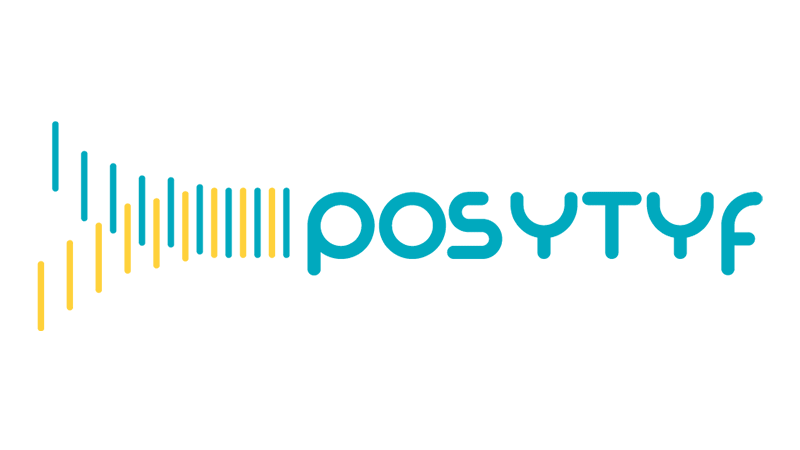
POSYTYF (H2020): Powering System flexibiliTY in the Future through RES
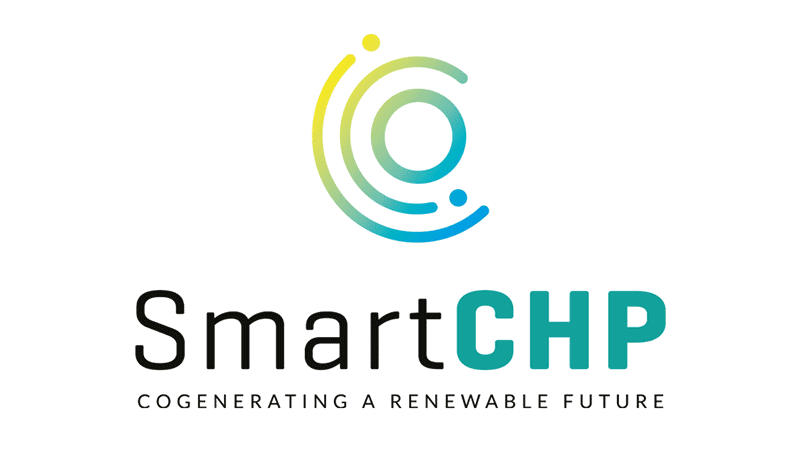
SmartCHP (H2020): Smart and flexible heat and power from biomass derived liquids for small-scale CHP application
Sustainable cities and buildings

Europe’s urban areas are home to over two-thirds of the EU’s population, generate up to 85% of Europe’s global economic activity and account for around 80% of energy consumption.
How can cities be transformed and evolve into sustainable, resilient and adaptive cities to meet environmental and energy efficiency targets, and realise the ambition of a liveable and inclusive Europe?
This involves reshaping urban landscapes and transforming the construction industry by developing lower-cost solutions for energy-efficient building renovation; integrating eco- materials and digital technologies; improving the circularity of construction products; encouraging sustainable transport and mobility solutions; and protecting and enhancing biodiversity and ecosystem services. It also involves designing and creating living spaces in a manner that contributes positively to the experiences of all people, and enables climate mitigation.
DOWEL is involved in various projects aiming at accelerating this transformation to make the built environment and the mobility sector more sustainable and inclusive.
Examples of current projects
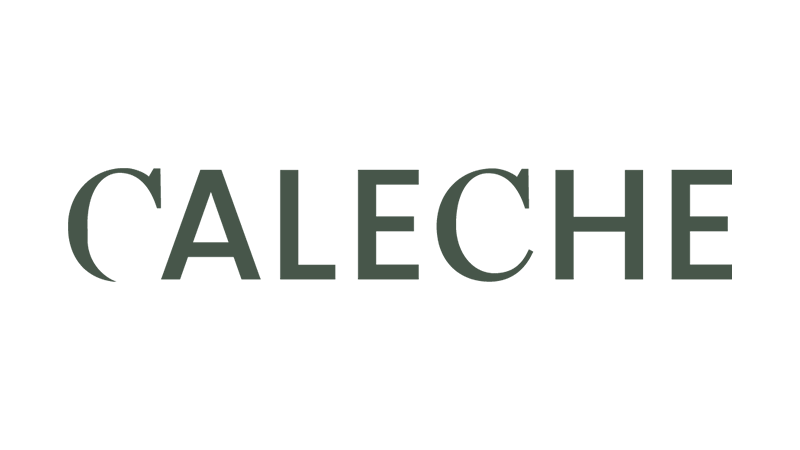
CALECHE (HEU): Coherent, Acceptable, Low Emission Cultural Heritage Efficient Renovation
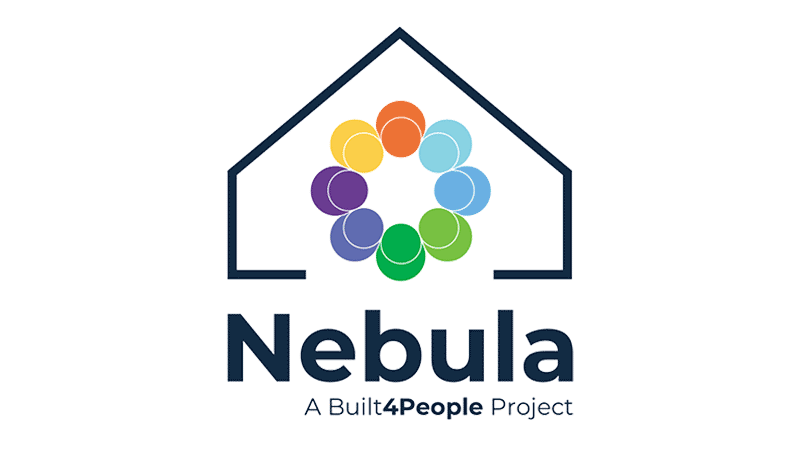
NEBULA (HEU) : New European Bauhaus Unlocked through Built4People-endorsed Local Actions
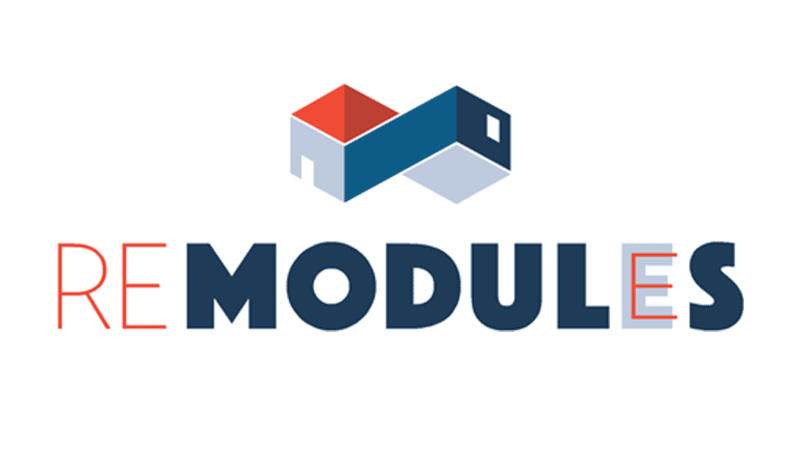
Re-MODULEES (H2020): the Retrofitting Market Activation Platform based on the generation of standard modules for energy efficiency and clean energy solutions
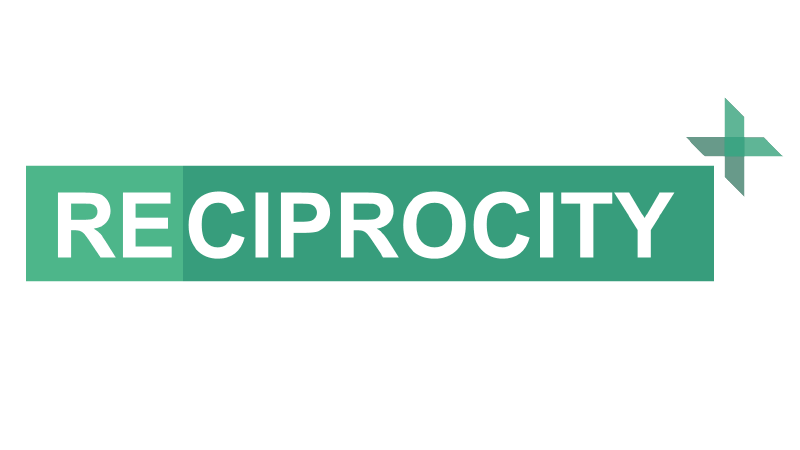
RECIPROCITY (H2020): Accelerating replication for smarter and cleaner mobility
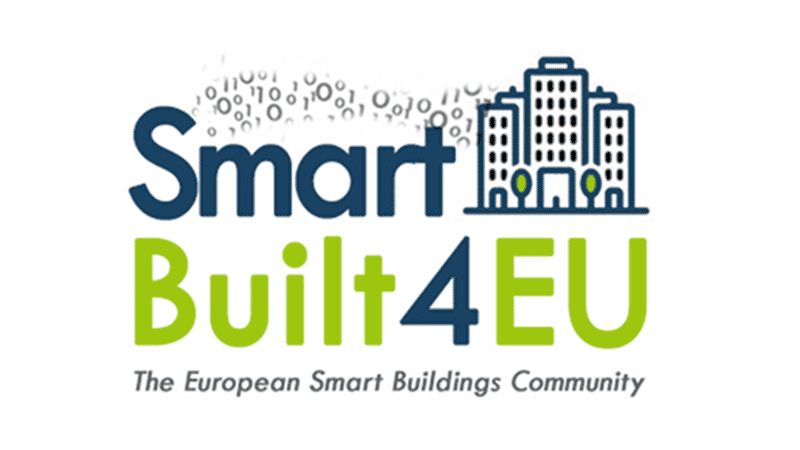
SmartBuilt4EU (H2020): Supporting solutions for energy efficient buildings
Knowledge valorisation

In today’s global economy, harnessing knowledge and cooperating across disciplines and sectors are essential for organisations to succeed and be sustainable. But how to efficiently transform research and innovation results into solutions that benefit society?
By linking different areas and sectors and transforming data, it is possible to create social and economic value from knowledge, know-how and research results. This means encouraging multidisciplinary collaborations, not only within the traditional domain of technological knowledge, but also involving disciplines such as social sciences, the humanities and the arts, and exploring synergies between social, environmental and economic policy priorities.
This requires broadening the scope of actors and focusing on the whole R&I ecosystem and its connections, strengthening co-creation between actors to create societal value, emphasising the importance of developing entrepreneurial culture and skills, and finally, fostering citizen engagement and the sharing of good practices among various R&I actors.
DOWEL uses a diversity of proven tools and channels to meet these new needs: using arts and culture to communicate innovation to society, implementing stakeholder’s engagement methods and practices to support a continuous co-design, and identifying and disseminating good practices and lessons learnt towards the stakeholder who will benefit most.

